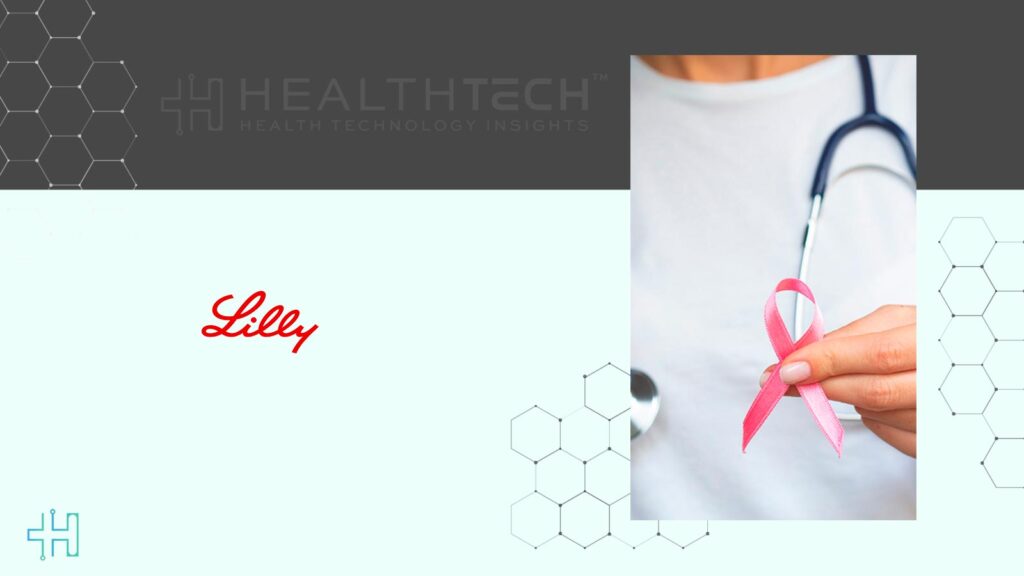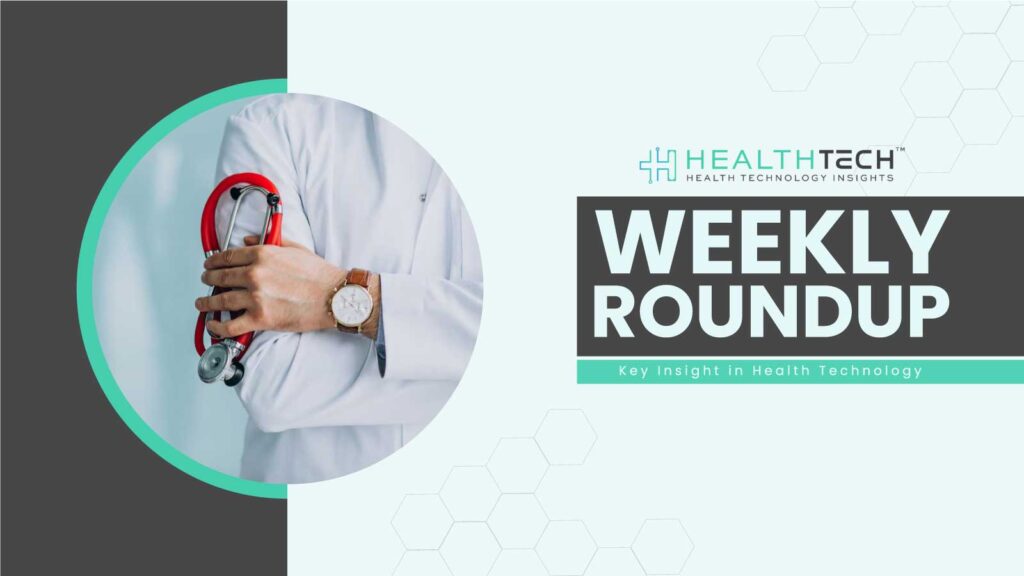Eli Lilly and Company shared positive results from the main overall survival analysis of the Phase 3 monarchE trial. These results show that adding Verzenio to endocrine therapy provides benefits for patients with hormone receptor-positive, HER2-negative, node-positive, high-risk early breast cancer. The data shows that two years of Verzenio combined with standard endocrine therapy significantly improves overall survival compared to endocrine therapy alone. Additionally, seven-year follow-up results show continued benefits in invasive disease-free survival and distant relapse-free survival, which confirms the long-term effectiveness of the treatment.
Health Technology Insights: Deerhold Announces Launch of Platform with Offerings to Support Decisions across Healthcare
Jacob Van Naarden, executive vice president and president of Lilly Oncology, stressed that preventing cancer relapse and increasing survival are key goals in adjuvant treatment. He noted that achieving a statistically significant improvement in overall survival after only two years of Verzenio treatment highlights its unique role in treating this type of aggressive breast cancer. Van Naarden called these results a confirmation that Verzenio should be the new standard of care for patients with node-positive, high-risk hormone receptor-positive, HER2-negative breast cancer, and urged quick action to ensure patients who qualify can access this treatment.
The safety of Verzenio remained consistent with earlier studies as all trial participants had completed or stopped their two-year treatment. Lilly plans to share detailed results at a medical conference, publish them in a peer-reviewed journal, and discuss next steps with regulatory bodies. The monarchE study was a large global Phase 3 trial that included 5,637 patients with hormone receptor-positive, HER2-negative, node-positive early breast cancer who were at high risk of recurrence. Patients were enrolled at over 600 sites across 38 countries. The trial had two groups based on risk factors such as the number of positive lymph nodes, tumor size, grade, and Ki-67 score. Participants were randomly given either Verzenio plus endocrine therapy or endocrine therapy alone for two years, with endocrine therapy continuing for at least five years if necessary. The main goal was to assess invasive disease-free survival, with overall survival as a key secondary measure.
Health Technology Insights: CHE Behavioral Health Updates Patient Billing with Inbox Health
Early breast cancer makes up about 90% of all breast cancer cases. Roughly 70% of these cases are hormone receptor-positive and HER2-negative. While this type of cancer usually has a good outlook, patients at high risk—such as those with positive lymph nodes, larger tumors, or higher tumor grades—have a much higher chance of cancer coming back, often with metastatic disease that is hard to treat. The risk of recurrence is especially high during the first two years of endocrine therapy.
Breast cancer is one of the most common cancers worldwide and a major cause of cancer-related deaths. In 2022, there were about 2.3 million new breast cancer cases globally, accounting for nearly a quarter of all cancer diagnoses. That year, it caused about 666,000 deaths worldwide. In the United States, over 310,000 new breast cancer cases are expected in 2024, with breast cancer being the second leading cause of cancer-related deaths among women. The new findings from the monarchE trial on Verzenio offer hope for improving survival in a patient group that faces significant risks. This highlights the importance of including this therapy in treatment plans for high-risk early breast cancer patients.
Health Technology Insights: Cascala Health Raises $8.6 Million to Boost AI Post-Acute Care
To participate in our interviews, please write to our HealthTech Media Room at sudipto@intentamplify.com




